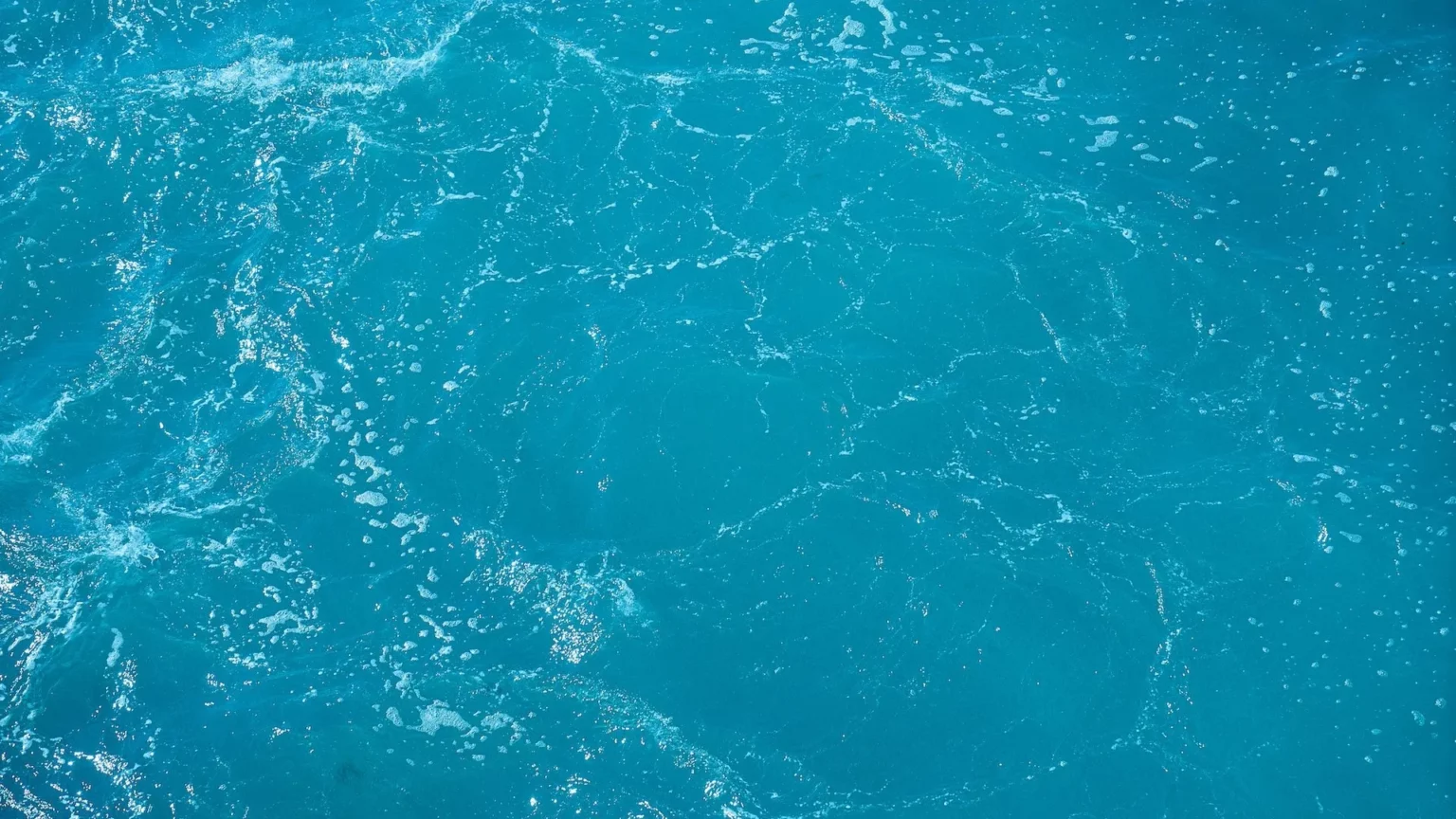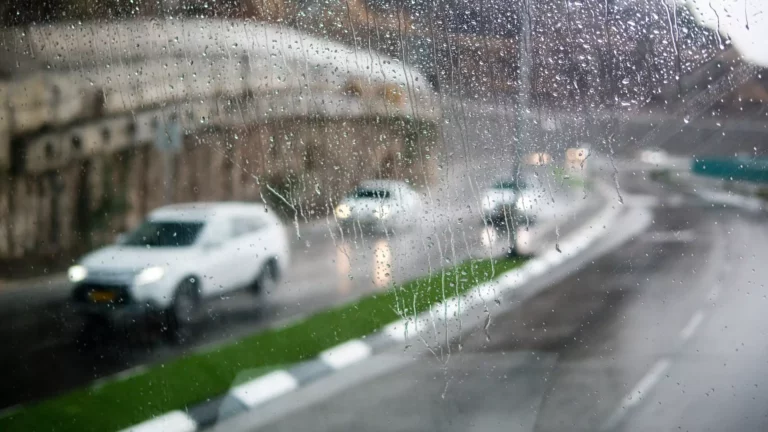What are common drowning injuries?

Drowning is a leading cause of injury and death, especially in children. It can have long-term impacts on the victims’ physical and mental health, as well as their quality of life.
The most common type of injury caused by drowning is hypoxia, which is when oxygen levels in the body are too low, and cells start to die. When this happens, symptoms such as confusion, dizziness, difficulty breathing, and even loss of consciousness can occur. Over time, this lack of oxygen can cause serious organ damage or even lead to death if not treated quickly enough.
Other types of injuries that can result from drowning include lacerations from sharp objects in the water or from scraping against the sides of a pool or vessel. These lacerations can be particularly dangerous, as they may increase the risk of infection and make it harder for victims to heal properly.
In addition to physical injuries, drowning can also lead to mental health issues such as post-traumatic stress disorder (PTSD) and depression in both children and adults. Victims of drowning often struggle with fear of water, anxiety around pools or bodies of water, or even the inability to trust others in similar situations.
Overall, drowning is a serious issue that can have long-term consequences on a victim’s life. It is important for those who care for people near water sources to take all necessary safety precautions to reduce the risk of injury or death from drowning. By taking the proper precautions, it is possible to help prevent these tragedies and save lives.
How can drowning accidents occur?
Drowning accidents can occur in New Jersey in a variety of ways. Swimming pools, beaches, natural bodies of water, and bathtubs are all areas where drowning can take place. Unsupervised children can accidentally enter a pool or body of water and drown without any warning signs. Poorly maintained swimming pools with broken ladders or other safety features may also create an unsafe environment for individuals. Even small amounts of water such as those in flowerpots or large buckets can be enough to cause death by drowning if a child falls into one without being noticed.
Beaches are another area where people need to stay alert to protect themselves from drowning accidents. Rough surf caused by strong winds and powerful currents can quickly pull a person underwater or cause them to become disoriented and unable to make it back to shore. People should be aware of their surroundings when swimming in the ocean and regularly check for rip tides or other natural hazards that could increase their risk of drowning.
Natural bodies of water such as lakes, rivers, streams, ponds, and creeks can also pose a danger due to strong currents and hidden underwater obstacles. Many inexperienced swimmers have drowned while trying to cross deep sections of these bodies of water without proper safety equipment or supervision. Parents should talk with their children about the dangers associated with swimming in any body of water to reduce the likelihood of a tragedy occurring.
Finally, even bathtubs can be dangerous if someone becomes knocked unconscious or slips underneath the water. Parents should always supervise small children when they are in the tub, and make sure that adults are aware of their surroundings when taking a bath. By being mindful of potential drowning hazards, New Jersey residents can help protect themselves from tragic accidents.
Who can a person sue following a drowning accident?
In a personal injury case in New Jersey, a drowning victim may sue any person or organization who had some responsibility for maintaining safety or preventing the accident. This may include property owners, companies that manage recreational activities at water sites, or government entities responsible for supervising swimming areas and lifeguards. The exact details of each case must be taken into account when determining who is liable.
The property owner may be held liable if their negligence contributed to the accident. For example, if they failed to properly fence off an area where children were allowed to swim without adult supervision, they could potentially be found negligent and thus responsible for damages incurred by the victim. Similarly, companies that manage recreational activities at water sites can be held liable for failing to provide adequate supervision or safety equipment.
Finally, government entities, such as municipalities and local boards of education, can be sued for negligence if they failed to provide proper lifeguard services or supervise swimming areas adequately. In some cases, the municipality may even be held liable if it was aware of a hazard but failed to take appropriate action.
To determine who is responsible for damages incurred by a drowning victim in New Jersey, each case must be evaluated carefully. An experienced personal injury attorney can help identify those potentially liable for the accident and pursue compensation on behalf of the victim.
Additionally, legal representation can also assist with filing paperwork and helping victims navigate through the court system so that they receive fair compensation for their damages. Ultimately, the victim of a drowning accident should seek legal advice as soon as possible to protect their rights and ensure that they are receiving justice.
Such representation can help provide peace of mind during an otherwise difficult process. With the right help, victims of drowning accidents can get the justice they deserve and receive compensation to cover their medical bills, lost wages, and other damages.
What can I get in compensation for a drowning case?
In New Jersey, a victim of drowning in a personal injury case can be eligible to receive certain types of compensation. These include medical expenses, lost wages, pain and suffering, emotional distress, disability or disfigurement, property damage, and loss of consortium.
Medical Expenses: Victims are eligible for the reimbursement of their medical expenses incurred due to the incident. This includes hospital bills, medication costs, doctor’s visits fees, physical therapy costs, and any other necessary medical treatment required as a result of the injury.
Lost Wages: In cases where victims have missed time from work due to their injuries they can also be compensated for their lost wages. This should cover not only the days missed from work but also any future loss of wages due to the injury.
Pain and Suffering: Victims can be compensated for pain and suffering resulting from their injuries. This is determined by measuring any physical pain, or mental anguish suffered as a result of the incident.
Emotional Distress: Victims may also be eligible to receive compensation for emotional distress caused because of the incident. Emotional distress includes depression, anxiety, fear, or other psychological issues that can arise due to traumatic events such as drowning.
Disability or Disfigurement: In cases where victims suffer permanent disabilities or disfigurement they are also eligible to receive compensation for this in New Jersey personal injury cases. This should cover expenses related to modifications needed to accommodate the disability or disfigurement.
Property Damage: Victims may also be eligible for compensation to cover the costs of any property damage or destruction caused by the incident. This could include anything from damaged clothing to destroyed personal items such as computers or cell phones.
Loss of Consortium: In cases where victims experience a loss of companionship, support, or services due to their injuries they can receive compensation for this in New Jersey personal injury cases as well. This often includes spouses and other family members who provide care for victims before, during, and after injury.
In addition to these forms of compensation, victims may also be entitled to punitive damages depending on the circumstances surrounding the case. Punitive damages are meant as a punishment to wrongdoers and serve as a deterrent against future reckless or deliberately dangerous behavior. It is important to consult with an experienced personal injury attorney to ensure that any rights or entitlements are properly pursued in your case. With their help, victims can pursue the compensation they deserve for their injuries.
How do I prove who is at fault in a drowning accident?
To prove who is at fault in a drowning accident for a personal injury case, the court must examine all evidence provided by either side. Depending on the circumstances of the accident, this may include eyewitness accounts, expert opinions, photographs and video footage, medical reports, and police statements.
The plaintiff must provide sufficient evidence that supports his or her claim of negligence and/or recklessness on the part of another party. This can be done through a variety of means including testimony from witnesses and experts, as well as physical evidence such as photos or video recordings. The defendant also has an opportunity to present his or her proof to challenge the accusation.
It is important to note that liability in a drowning case does not always rest with the person or entity that was directly responsible for causing the accident. In cases of premises liability, the court may find that a property owner or other third party is liable if they failed to take proper safety precautions or did not provide adequate warning of a potential hazard.
The courts will also evaluate any rescue attempts made to determine whether a person was negligent in their duty to help another who is at risk of drowning. This includes assessing whether necessary safety equipment and procedures were followed, as well as determining if there was sufficient time available to rescue someone before it was too late. Furthermore, any delays on behalf of lifeguards can be grounds for negligence depending on the severity of the situation.
Finally, contributory negligence on behalf of the victim can also be taken into consideration. This means that if an individual ignored warnings or acted carelessly and put themselves at risk, they may have some degree of fault in the drowning accident as well.
Ultimately, determining who is at fault in a drowning accident involves a complex legal process that must weigh all available evidence before deciding. By assessing the situation from multiple angles, the court can determine exactly who was responsible for the tragedy so that those affected by it can get the compensation they are entitled to.
This is a general overview. Laws and regulations may vary from state to state, so anyone involved in a drowning accident case needs to seek legal advice as soon as possible. An experienced attorney can help ensure that all evidence is presented properly and that the victim receives appropriate restitution.
What compensation is available to me in a fatal drowning case?
In New Jersey, a family whose loved one has suffered a fatal drowning accident may be eligible for compensation. Depending on the specifics of the incident, this could include punitive damages to punish any negligent parties as well as compensatory damages to alleviate economic costs incurred by the family due to the death.
Punitive damages in these cases are meant to punish or deter people from acting negligently and could be awarded if it is found that a person’s recklessness or malicious behavior caused the event. Compensatory damages, on the other hand, are intended to cover any financial losses suffered by the family after their relative’s death.
This can include medical bills related to care received before death as well as funeral expenses and lost wages due to the deceased person’s inability to work. The family may also be eligible for non-economic damages, such as pain and suffering or loss of companionship.
It is important to note that to receive compensation, a family must provide evidence of negligence by another party involving the fatal drowning accident. Therefore, it is recommended that families contact an experienced attorney immediately upon learning of a loved one’s death to begin gathering evidence and making their case.
An attorney can help evaluate their claim and determine what types of damages they may be entitled to receive. With the right legal help, families can seek justice and financial relief after a devastating event like this. It is important to remember that although no amount of compensation can replace a lost life, seeking damages can help families begin the healing process and create closure.
Therefore, families need to understand their legal options and seek the advice of a professional. The help of an experienced attorney can make all the difference in recovering compensation in cases like this.
Related Blogs
No Fee Unless
GGL Wins
We've got you covered.
We are available 24/7/365
One of our advisers will contact you.

OFFICIAL PARTNER OF RUTGERS ATHLETICS



Recent GGL Wins
Auto Accident
Mediation award Plaintiff was injured in an intersection motor vehicle collision resulting in neck and lower back fusion surgeries.
$2 Million
Verdict
Workers' Compensation
25-year-old laborer died in an industrial accident while working.
$1.15 Million
Verdict
Construction Accident
Roofer fell off roof causing head trauma resulting in a head injury. Plaintiff was not given fall restraint protection equipment by contractor.







